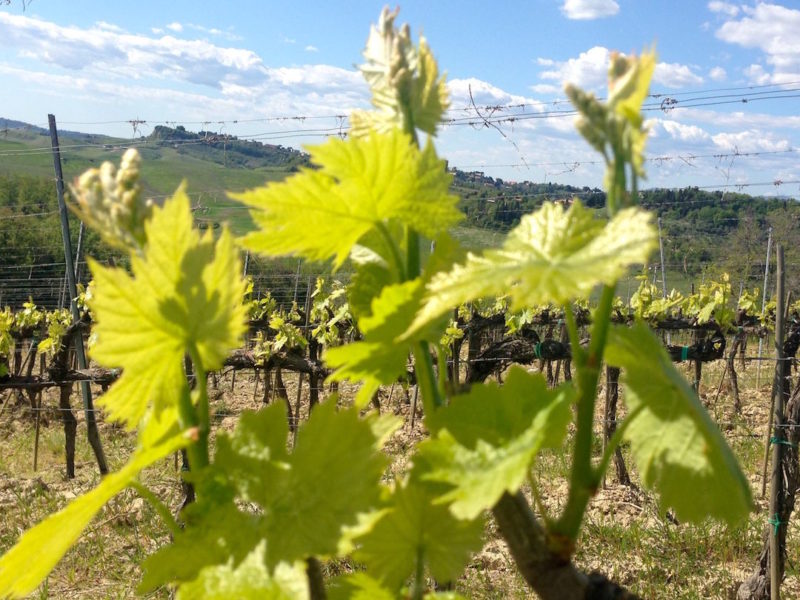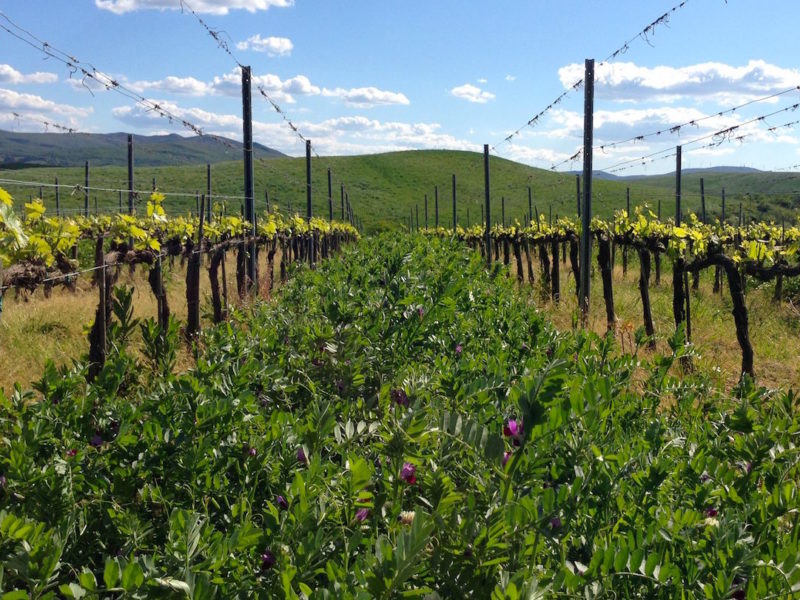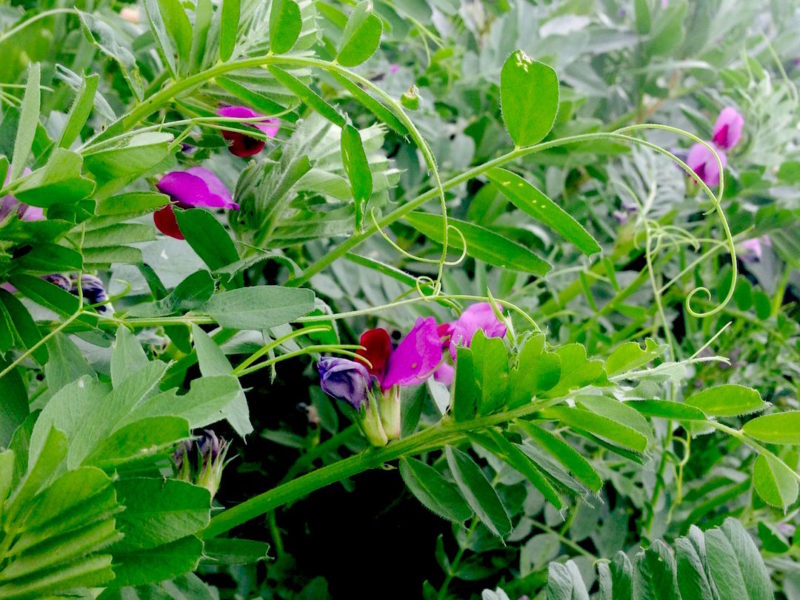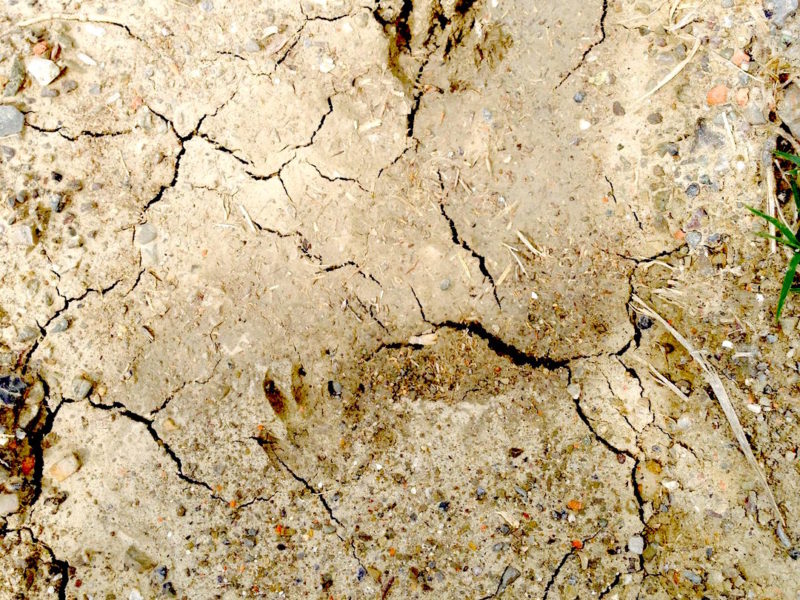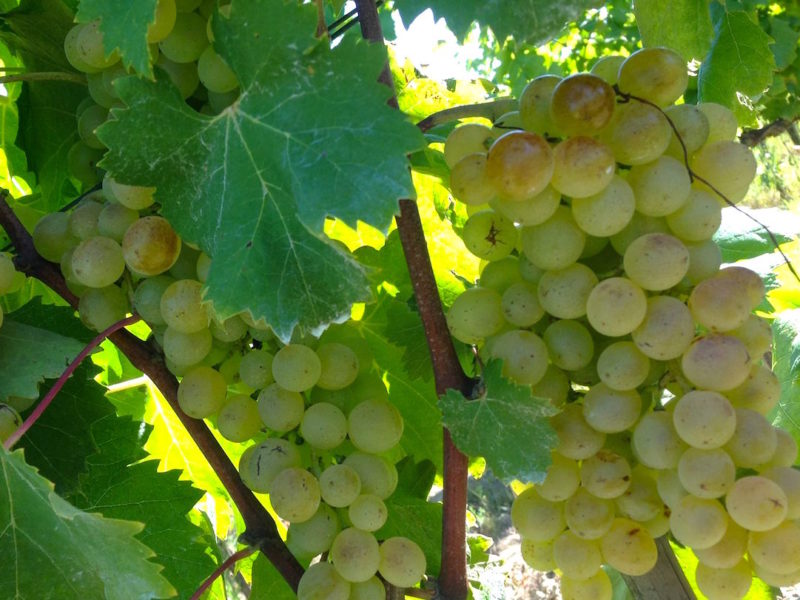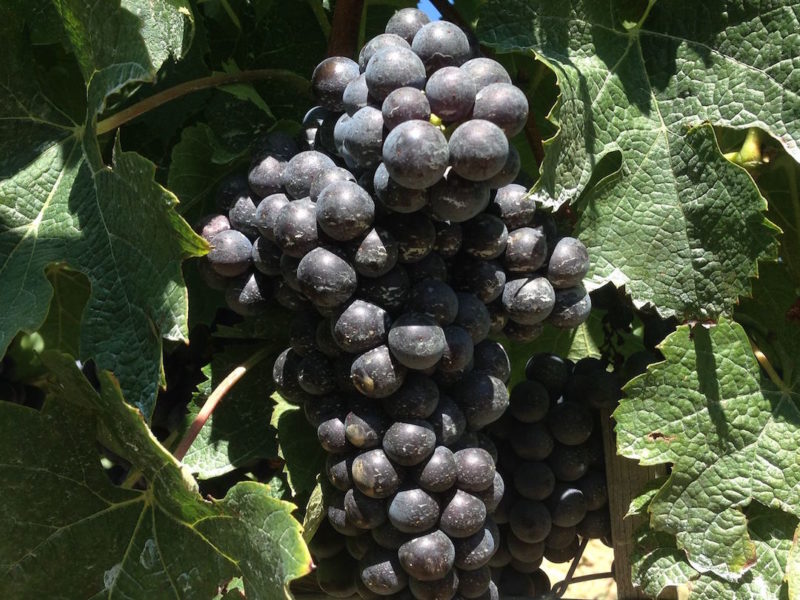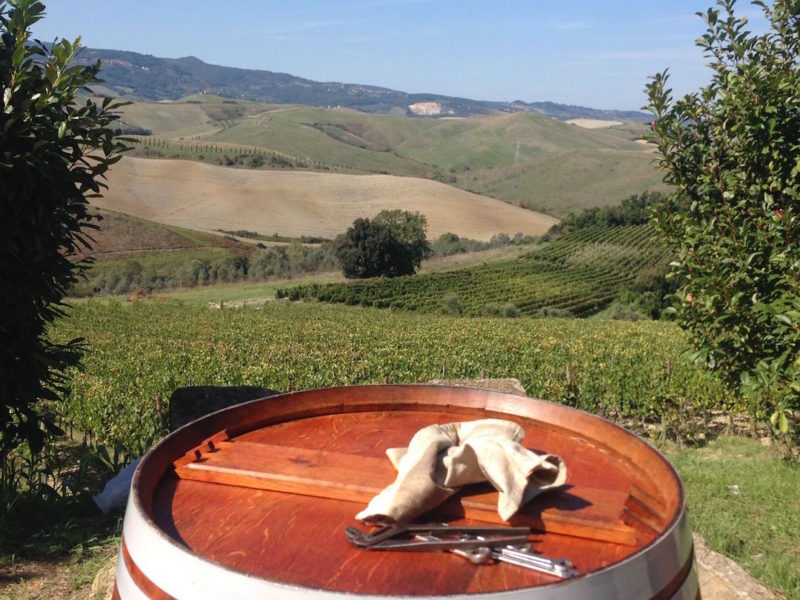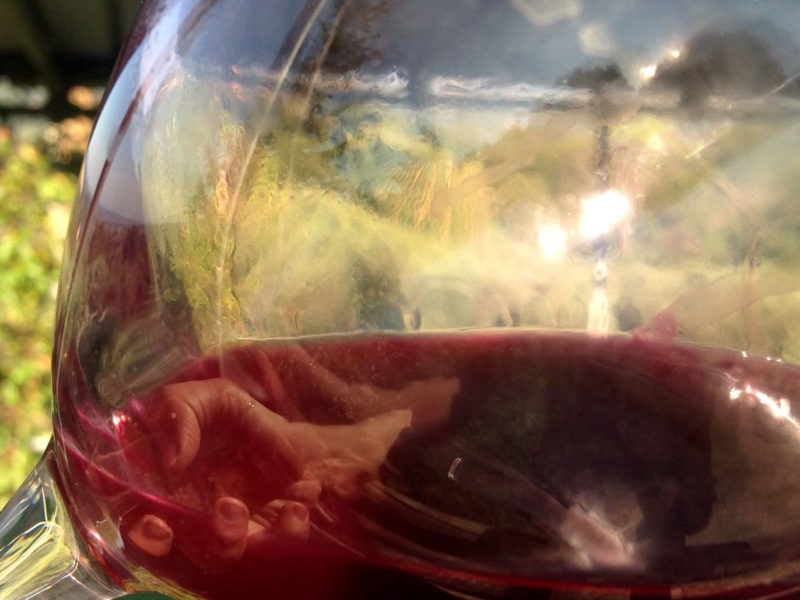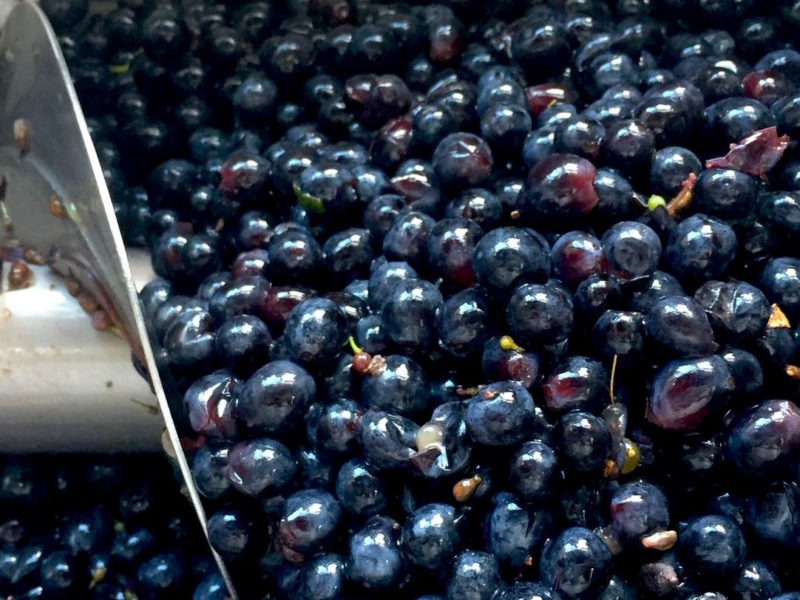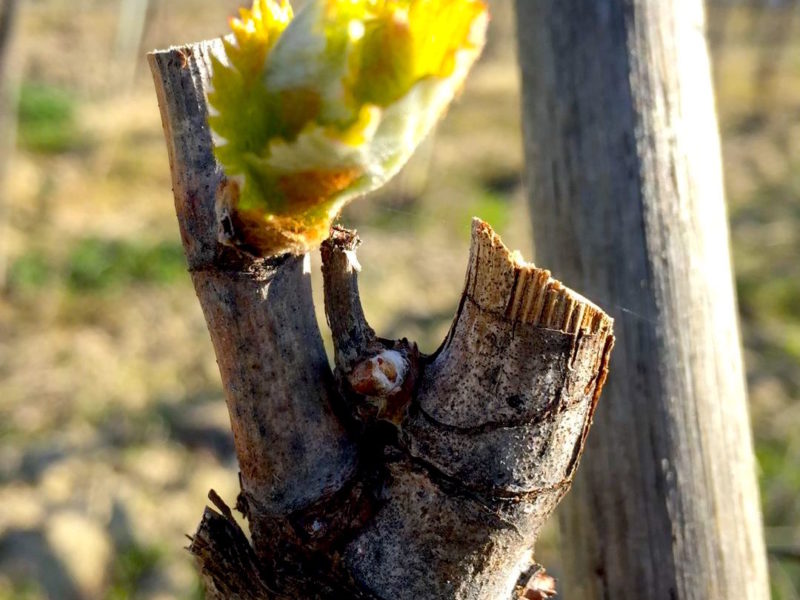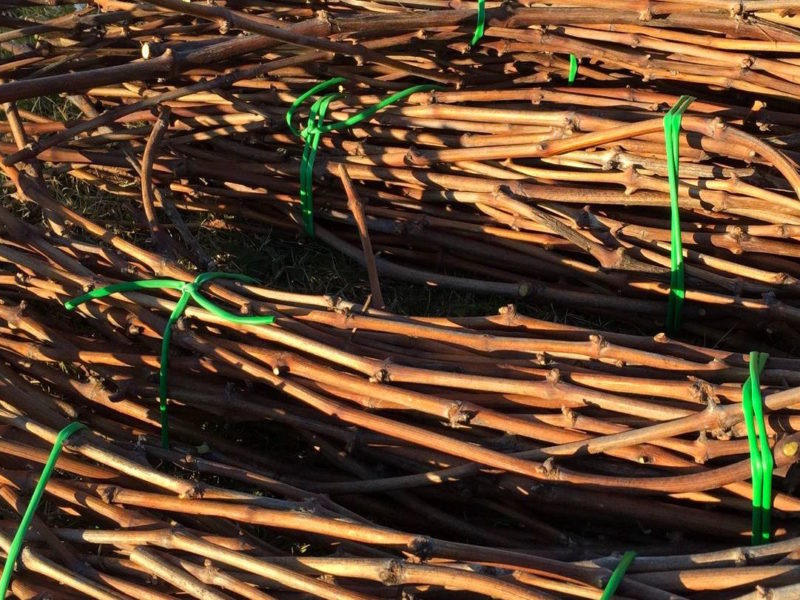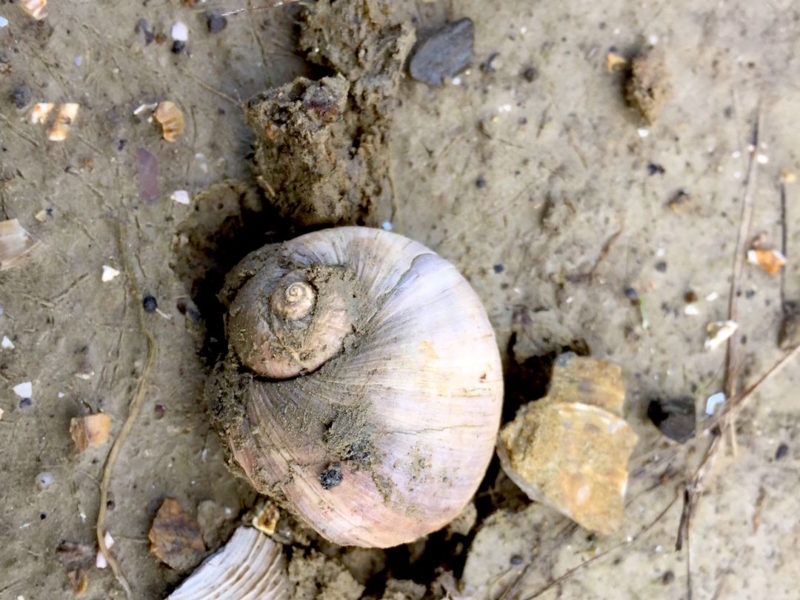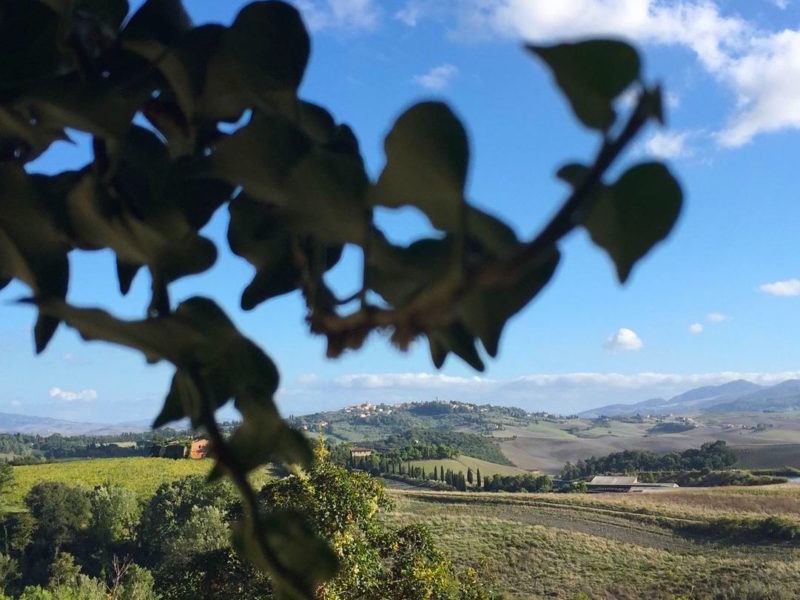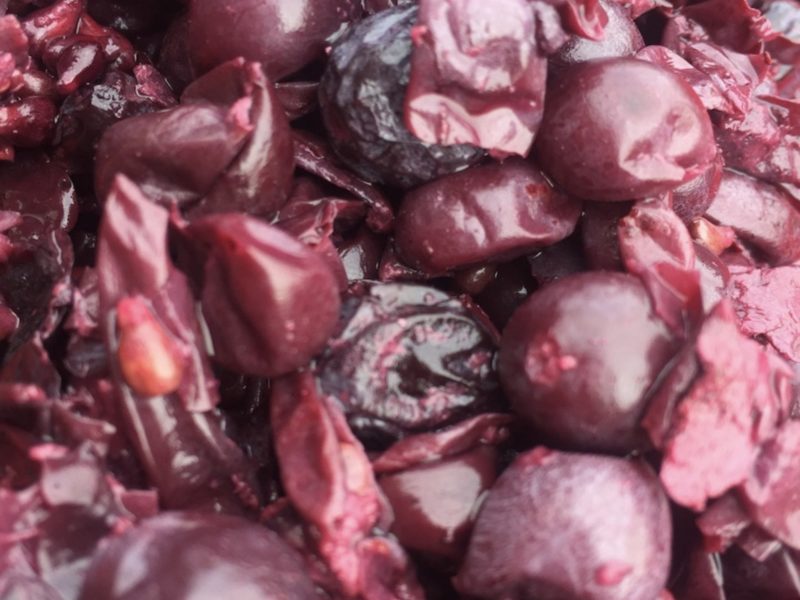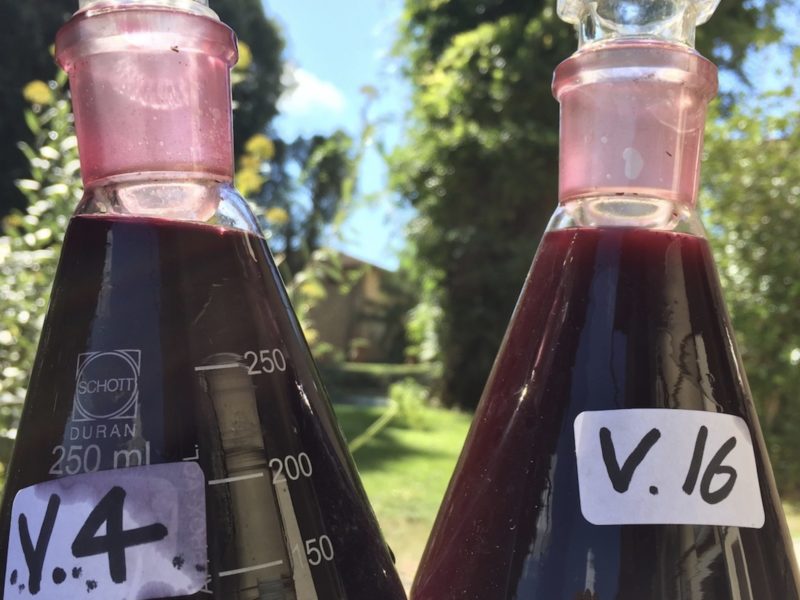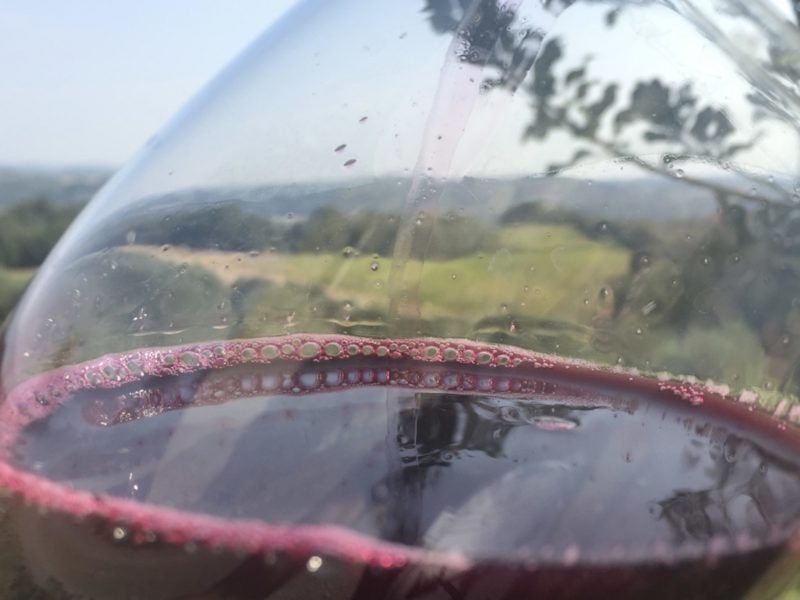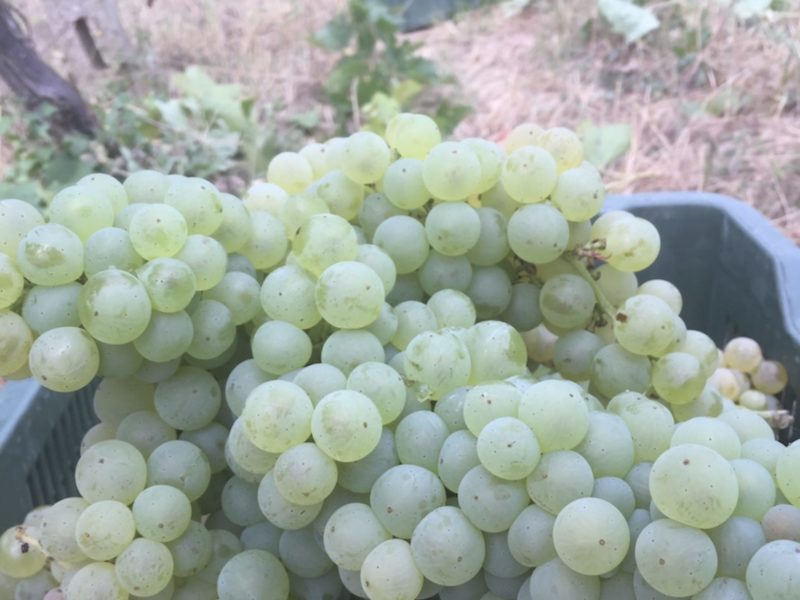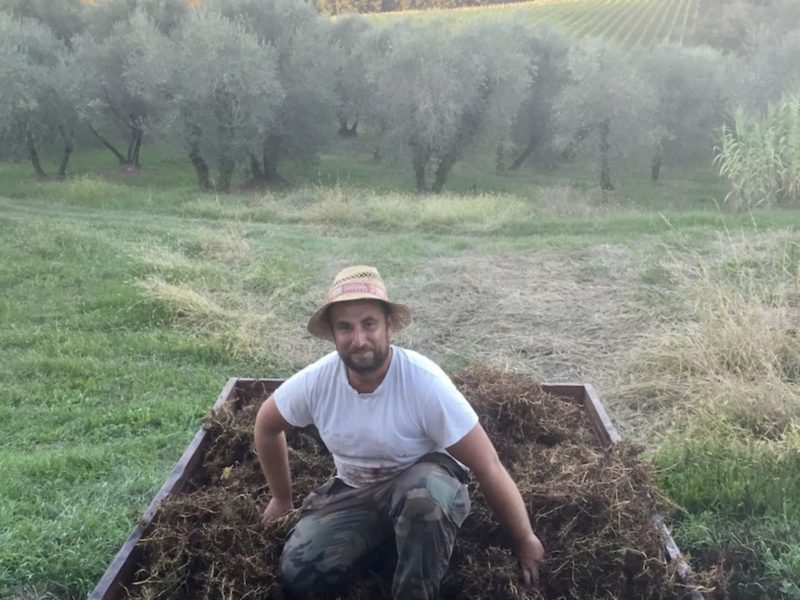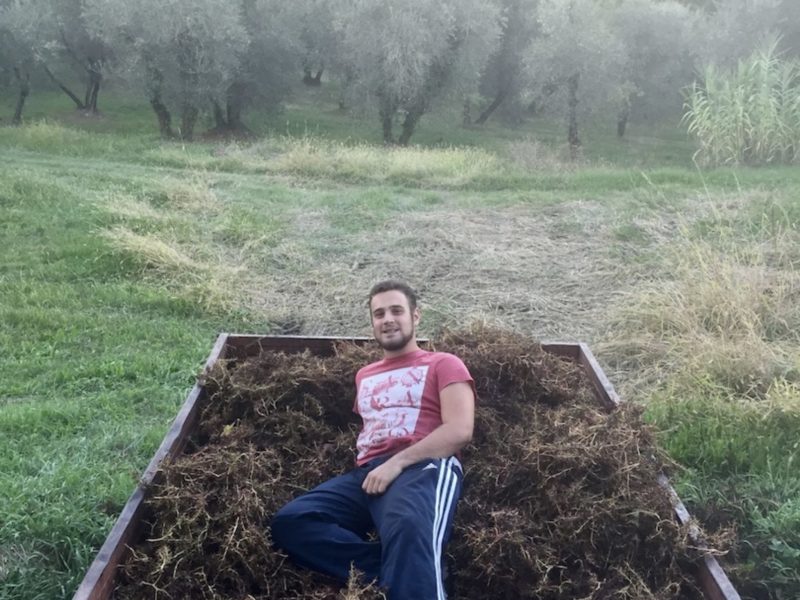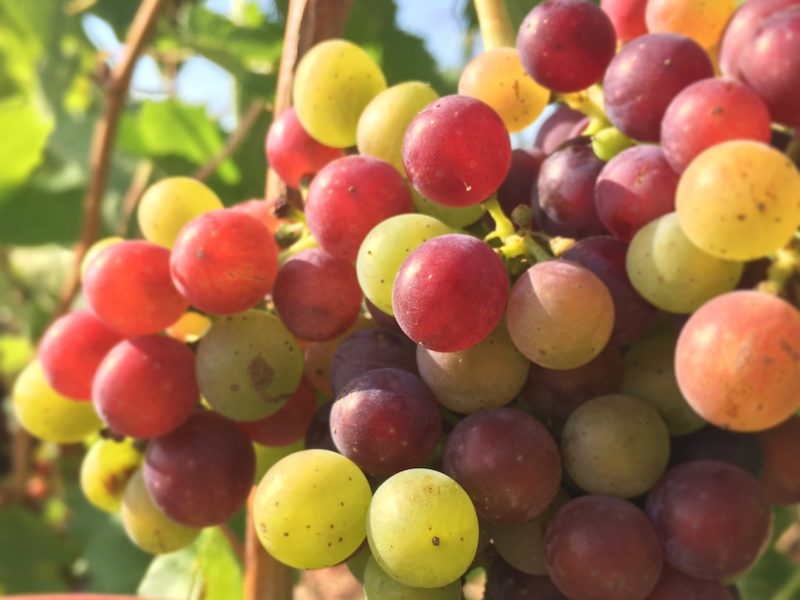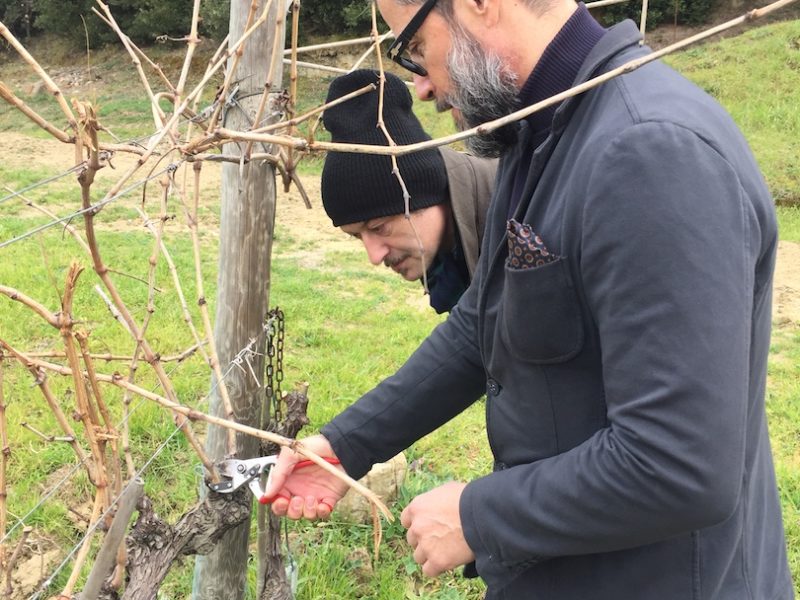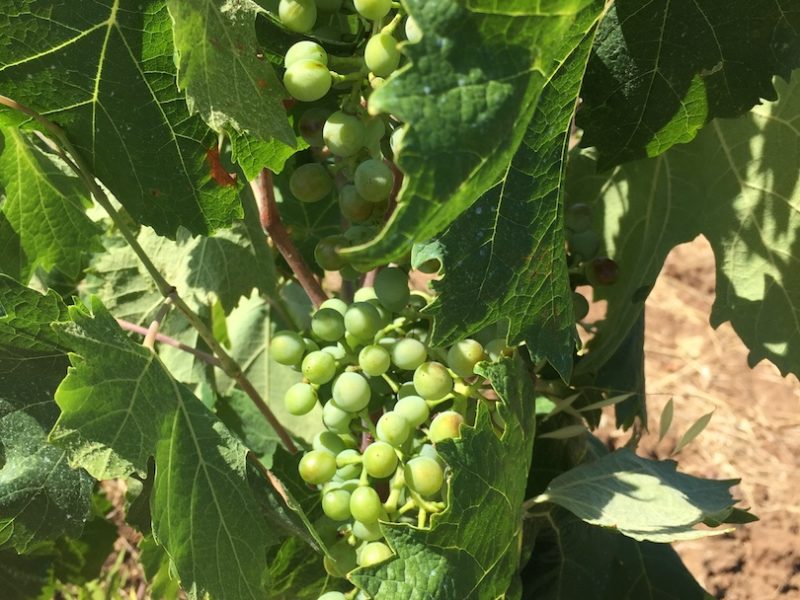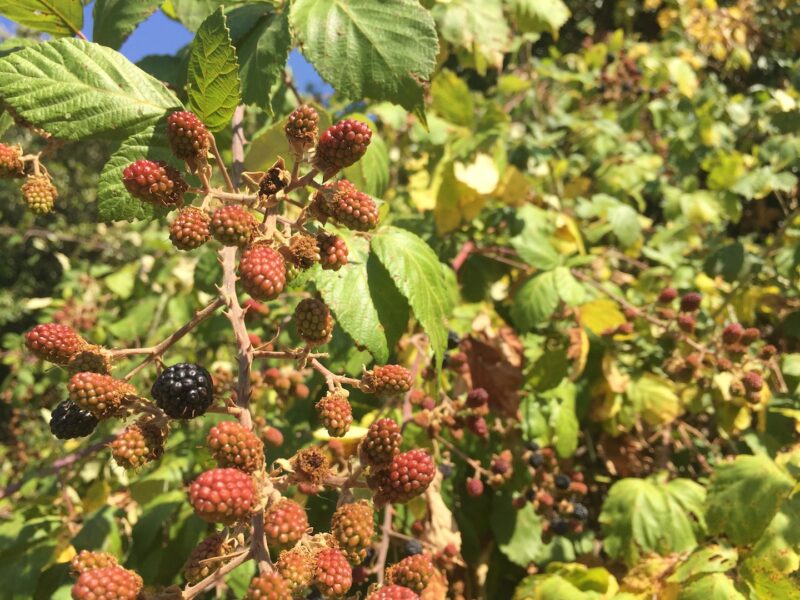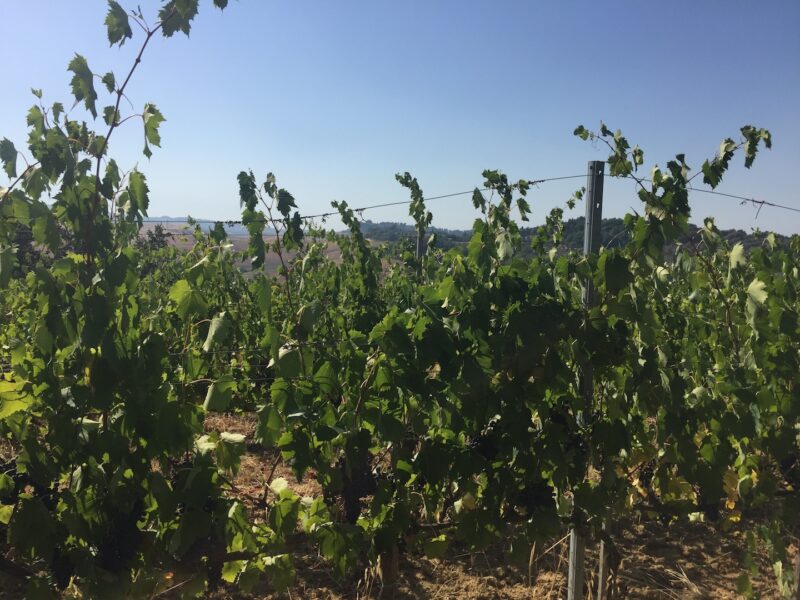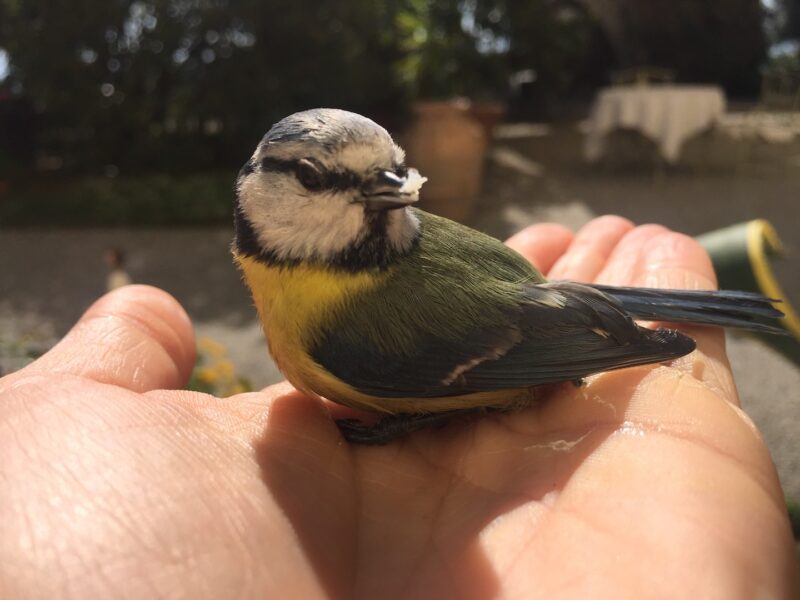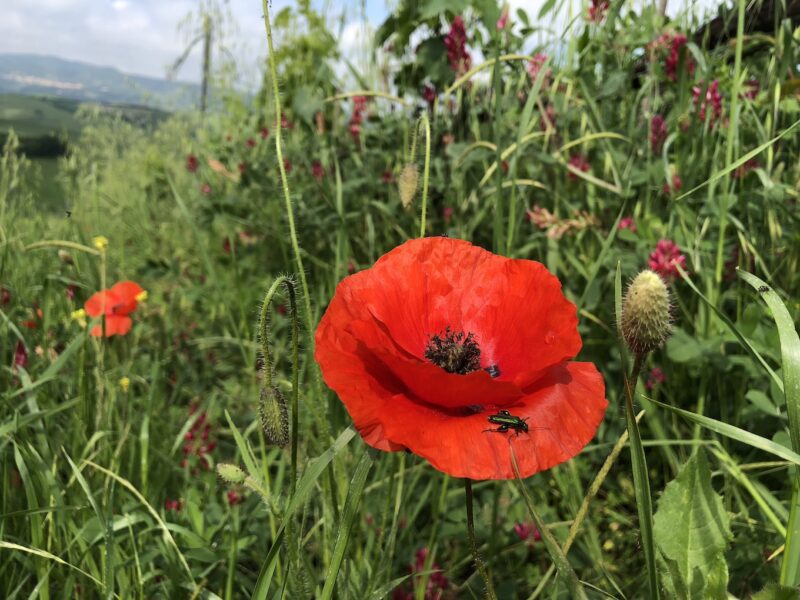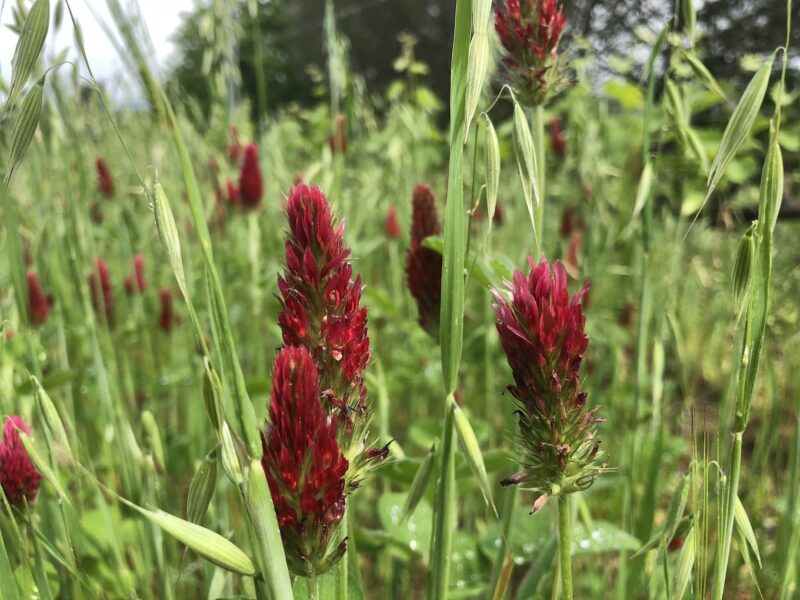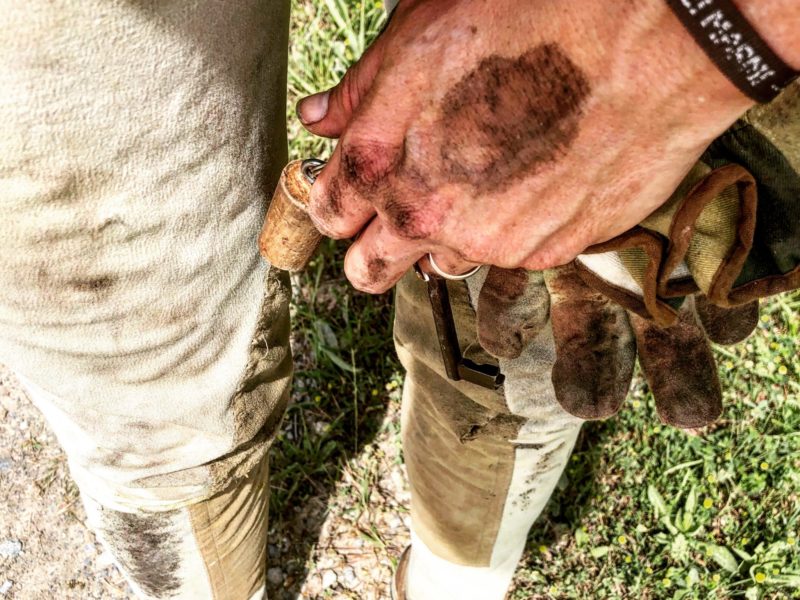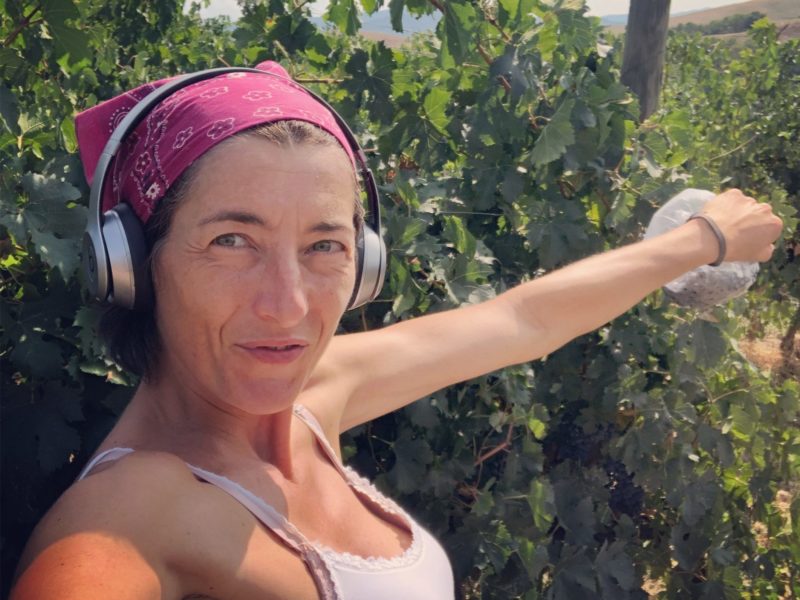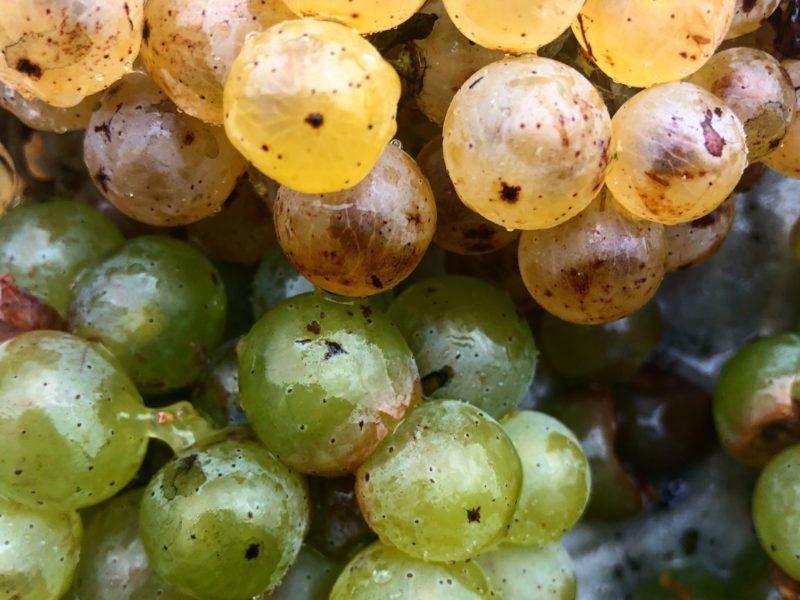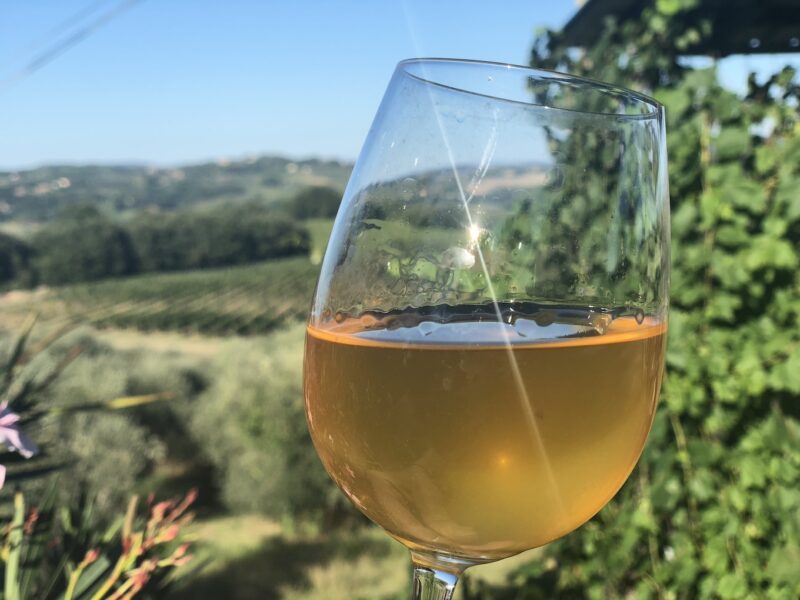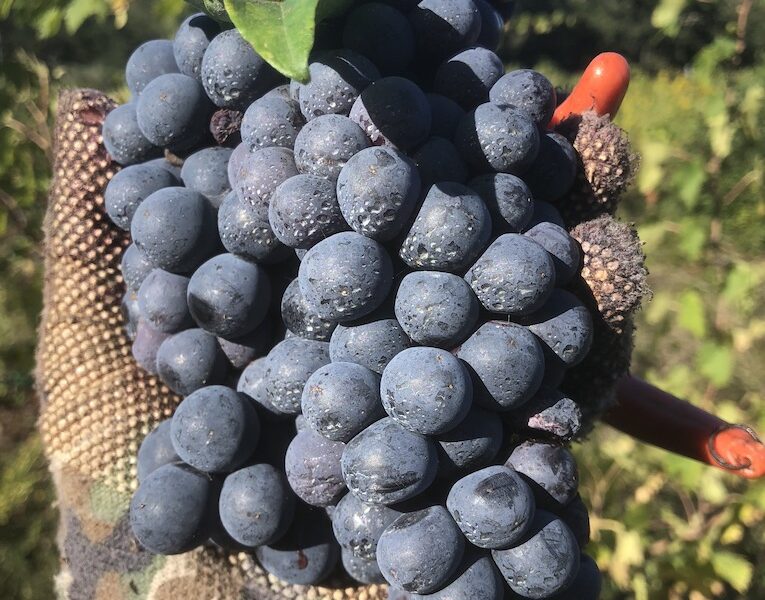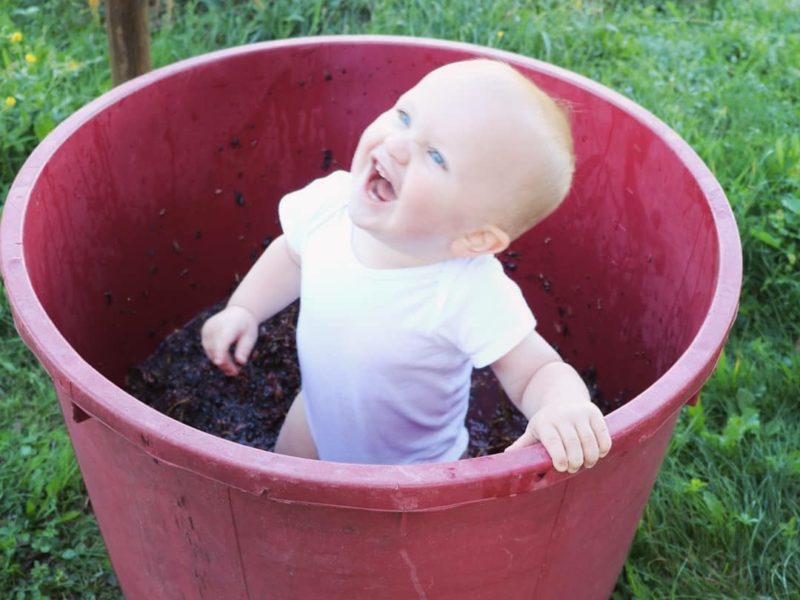The wave of enthusiasm of the harvest that has just ended is soon cut short by the autumn rains that arrive intensely on the freshly sown green manure. Too bad, however, they will be the first and last of the season. Winter arrives stiff and serious, finally after 4 years of mild temperatures and thin shirts. We are all excited for the coming season, men and vineyards are finally enjoying a well-deserved rest. Pruning begins in the morning frost, late as always. The vineyard is clean, refreshed from the cold, ready. March heralds a sunny spring and temperatures soar immediately. The sun is shining, and it’s not raining. This continues until Easter when suddenly, in the nights between 19 and 20 April, the frost arrives, which burns all the vineyards in the north-east without respect and compromises our Vermentino, Trebbiano and Syrah. But above all it takes away all the enthusiasm painstakingly accumulated in winter. Once the frost has passed, after two weeks of impasse, the sun is back, with temperatures near and above 30° degrees that won’t let us go until August. The crazy vineyards no longer know what season they are in. They grow, stop, restart without a logic or a direction. The water slowly disappears: from the leaves in the morning, from the streams, from the ponds, from the roots. It is not raining. In 6 months from January to August there are 26mm. Clayey soils seem to suffer the most and the vineyards struggle to reach the second thread. The bunches are sparse, the fruits small. On the contrary, the looser silty soils, in June, seem to give us abundant production and luxuriant vegetation, thanks to the rock winds that blow undaunted, mitigating the scorching temperatures elsewhere than in Pieve de’ Pitti, at night, they rarely exceed 20°. In the end, the grapes grown on the clay will survive, and we will be forced to heavily thin out all the vineyards on the sands and silts, to limit the stress of the plants and try to counteract withering. It doesn’t matter if, in the end, the result is of great quality. We, men, vines and bunches, have simply survived.


